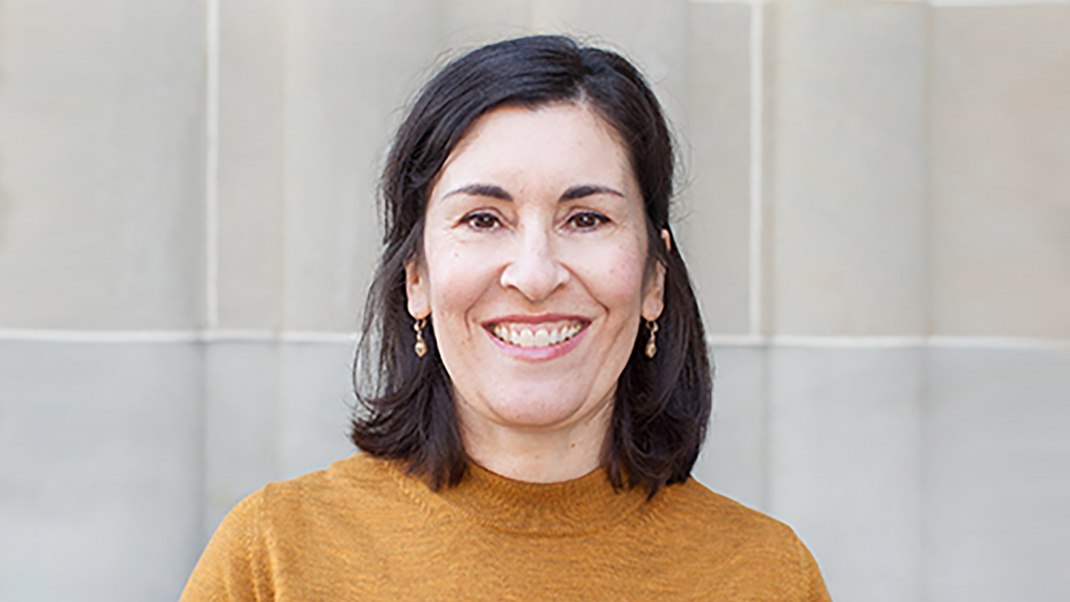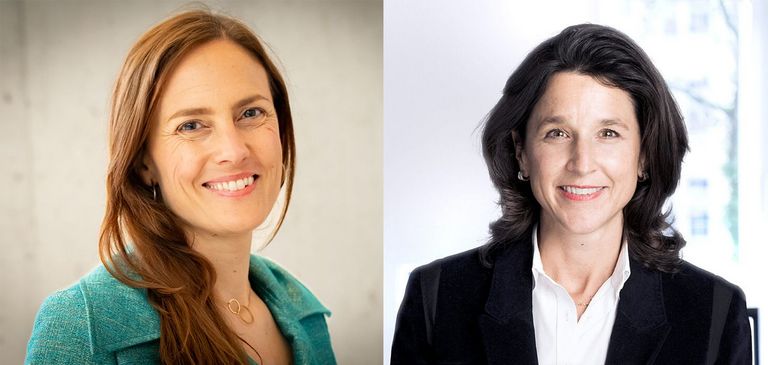University life – a time full of new ideas, encounters, and challenges. For some students, however, this period turns into a balancing act: alongside lectures and seminars, they have to work in order to finance their studies. This double burden makes everyday student life significantly harder.
To support students in such situations, the University of Zurich awards around 180 scholarships each year. What questions do students most often ask? And how does the Student Financial Aid Office ensure that funds are allocated in a fair and targeted way? Brigitte Ortega, head of the office, offers insights into her work and shares the stories that have particularly moved her.
Ms. Ortega, what questions and concerns do students most frequently bring to you—and what do students themselves find surprising?
There are two main groups: on the one hand, prospective and current students who want to plan their studies financially in advance and seek professional advice. On the other hand, there are students who turn to us because they are in acute financial distress or feel overwhelmed. Typical issues include excessive paid work and conflicts with parents. A striking number of students are surprised to learn that solutions to their problems actually exist.
How do you ensure that funds are used as fairly and effectively as possible?
Through professionalism, expertise, and carefully standardized processes. Legal requirements provide us with a clear framework. We work with scholarship software and established calculation rules. The principle of equal treatment is our guiding star: equal situations should be treated equally, and different situations differently. We also discuss our cases internally for quality assurance. Our more than 25 years of combined experience in student financing is an invaluable resource.
What makes a scholarship valuable beyond the financial support it provides?
Some students are so preoccupied with financial insecurity, family conflicts, or personal challenges that their studies are pushed into the background. Yet a course of study worthy of the name requires peace of mind, focus, and interaction with others. A scholarship has the potential to bring all of this back into students’ lives—most of them still very young. This is often reflected in a marked improvement in academic performance.
Is there a story that has particularly touched you?
We also encounter students whose life path did not originally include university. Some face resistance from their families, some struggle with mental or physical illness, while others come to us from war zones. I deeply admire their resilience and determination. Many of these students are unaware that they are achieving something extraordinary and instead see themselves as lacking. Watching them “find their way” and confidently embark on their lives with the best professional qualification—a degree—is profoundly moving and motivates us in our daily work. I consider it a great privilege that we can contribute to this.
Students who wish to apply for a scholarship should contact the Student Financial Aid Office in the case of social scholarships, or the office for Global Student Experience in the case of mobility scholarships.


![[Translate to English:] (c) Jason Goodman, unsplash](/fileadmin/_processed_/8/d/csm_Kollaboration_Kooperation_Mercator_jason-goodman-Oalh2MojUuk-unsplash_0c77a36338.jpg)
